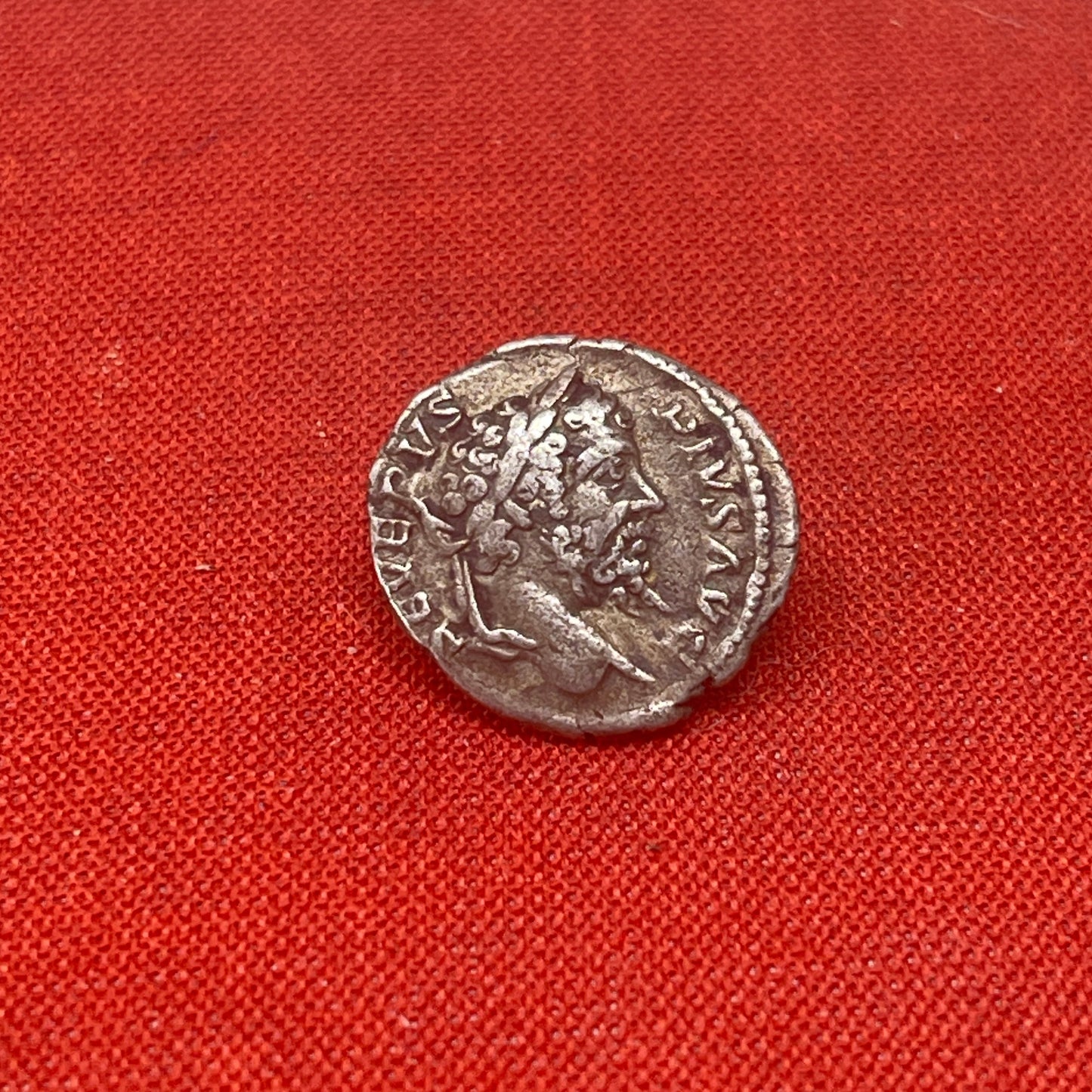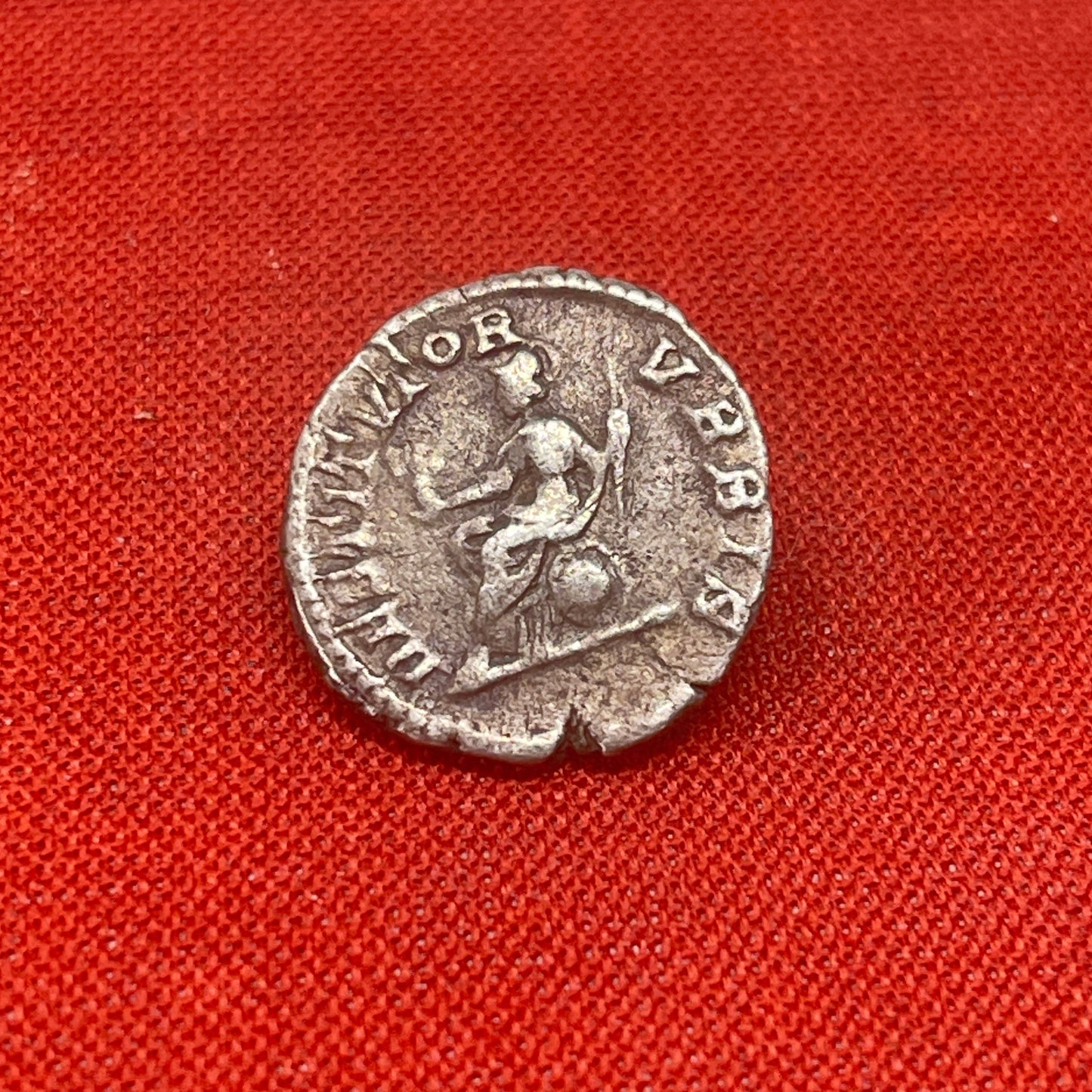Tom & Jerrys Militaria and Collectables
Septimius Severus, 193-211 AD, AR Denarius, Roma, struck c. 209 AD
Septimius Severus, 193-211 AD, AR Denarius, Roma, struck c. 209 AD
Couldn't load pickup availability

Product Condition
Product Condition
Shipping & Returns
Shipping & Returns
Shipping
All orders are subject to a delivery, packing & handling charge. The correct charges will be automatically calculated via our Shopping basket ordering system and are based on the total weight of your order, your location, and our normal method of despatch. Please be aware that we reserve the right to alter any miscalculation, plus or minus, and you will be notified prior to shipping of any changes.
When shipping items, we use the UK Royal Mail, EVRI, DPD and Parcel Force in the event of a parcel arriving with contents damaged ALL the packaging must be kept for inspection by the delivering shipping contractor whoever that contractor is, failure to adhere to this WILL result in ANY claim being denied.
We do ship internationally and will always use a Tracked and Signed for service. We strive to use the best and most economical shipping services available
All shipping, insurance and import charges will be borne by the customer.
All lots are shipped at the buyers risk no compensation will be offered for items lost or broken in transit. Alternatively you can pay for your own courier.


Product Description
This Septimius Severus silver Denarius from Roma circa 209 AD
Obverse-SEVERVS PIVS AVG, Head of Septimius, laureate, right, bearded Reverse:
Reverse - RESTITVTOR VRBIS, Roma, helmeted, draped to feet, seated left on a round shield, holding palladium on extended right and scepter, nearly vertical, in left: her feet rest on a stool
19.31mm, 2.3g, 7h
General - Restitvtor Vrbis ('Restititor Urbis'), meaning 'Restorer of Rome' symbolises the rebuilding by Septimius of his capital. Septimius Severus became Roman Emperor in 193 AD after the death of Emperor Pertinax during the Year of the Five Emperors. During his reign he successfully consolidated Rome's power and wagered successful campaigns against the Parthian Empire, and in Africa and Mauritania. After falling ill and dying in 211 AD, he was succeeded by his sons, forming what is now referred to as the Severan Dynasty.


